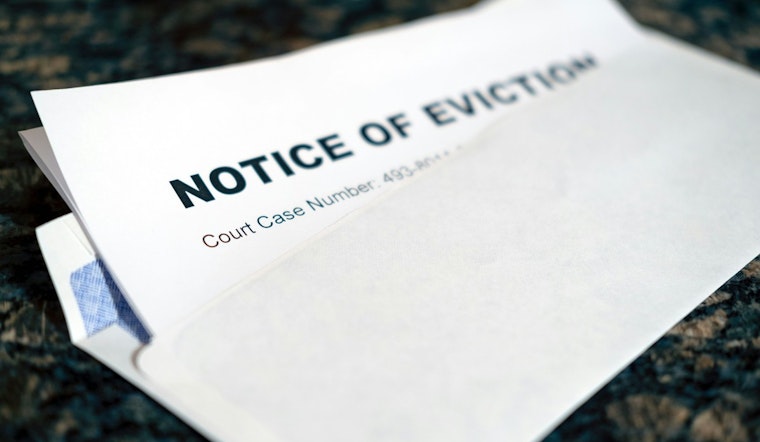
Philadelphia landlords are on notice: skip the legal eviction process at your own risk. The City of Brotherly Love is cracking down on "self-help" evictions, a term used when property owners bypass courts and take matters into their own hands to remove tenants. As outlined by Philadelphia law, evicting someone isn't as simple as changing the locks or cutting the power. Landlords must first obtain a judgment from the Municipal Court after filing an eviction case, as detailed in a recent city guide.
Any attempt made by a landlord to directly remove tenants – whether by threatening them, physically relocating their possessions, or disrupting essential services – is considered illegal. "A self-help eviction occurs when a landlord attempts to remove a tenant from a property by physically removing the tenant, threatening the tenant’s health or safety, intimidating the tenant, or performing any other action to prevent the tenant from occupying the property," describes the guide clearly forbidding these tactics. Sidestepping the law, landlords might find themselves in hot water if they as much as tamper with a door lock or block the tenant's access to the property.
Illegal utility shutoffs are another area where landlords need to tread with caution. If tenants fall behind on utility bills under their names, the service may be cut by the utility company, not the landlord. According to the Philadelphia guide, landlords are barred from disconnecting utilities to force a move-out. Moreover, when a landlord is responsible for a utility bill and fails to pay, the Utility Service Tenants Rights Act empowers tenants. For instance, they can avoid shutoffs and even subtract those costs from their rent.
In the event a landlord turns off the water illegally, the Philadelphia Water Department has its hands tied. "If a landlord turns the water off at the curb, PWD will not restore the water," the guide underscores the responsibility, suggesting tenants contact a professional plumber to restore service. Employing force or violent threats to evict tenants is also strictly prohibited, adding another layer to the legal protections against rogue eviction practices.
Displaced and aggrieved tenants face an uphill battle when their access to home sweet home is illegally blocked. Defying self-help eviction laws not only jeopardizes a tenant's housing situation, it can lead landlords into complex legal disputes, often resulting in fines and penalties. The city's unequivocal stance: follow the rules, or prepare for consequences. For those finding themselves in uncertain eviction territory, Philadelphia's governmental resources stand ready to assist. Tenants can find refuge and recourse through the guide published by the city, ensuring that the balance of power doesn't unfairly tilt towards those owning the keys.

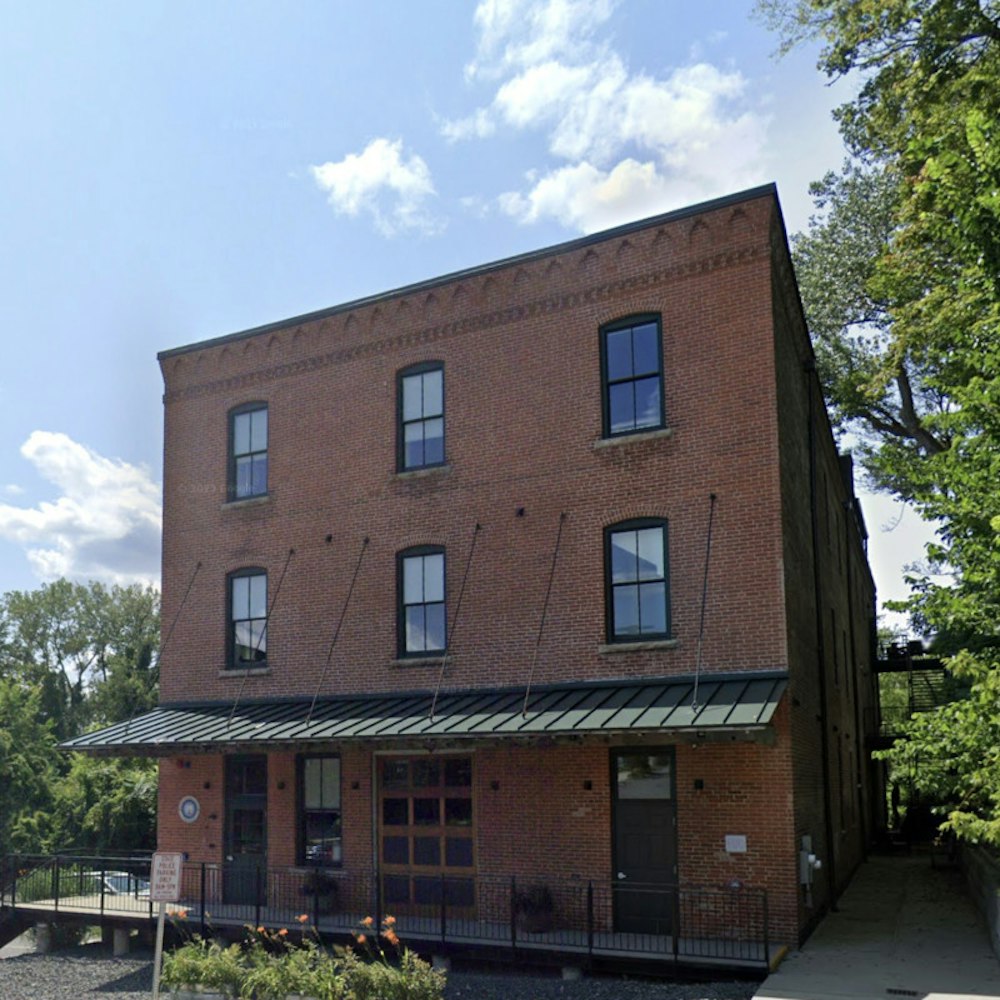

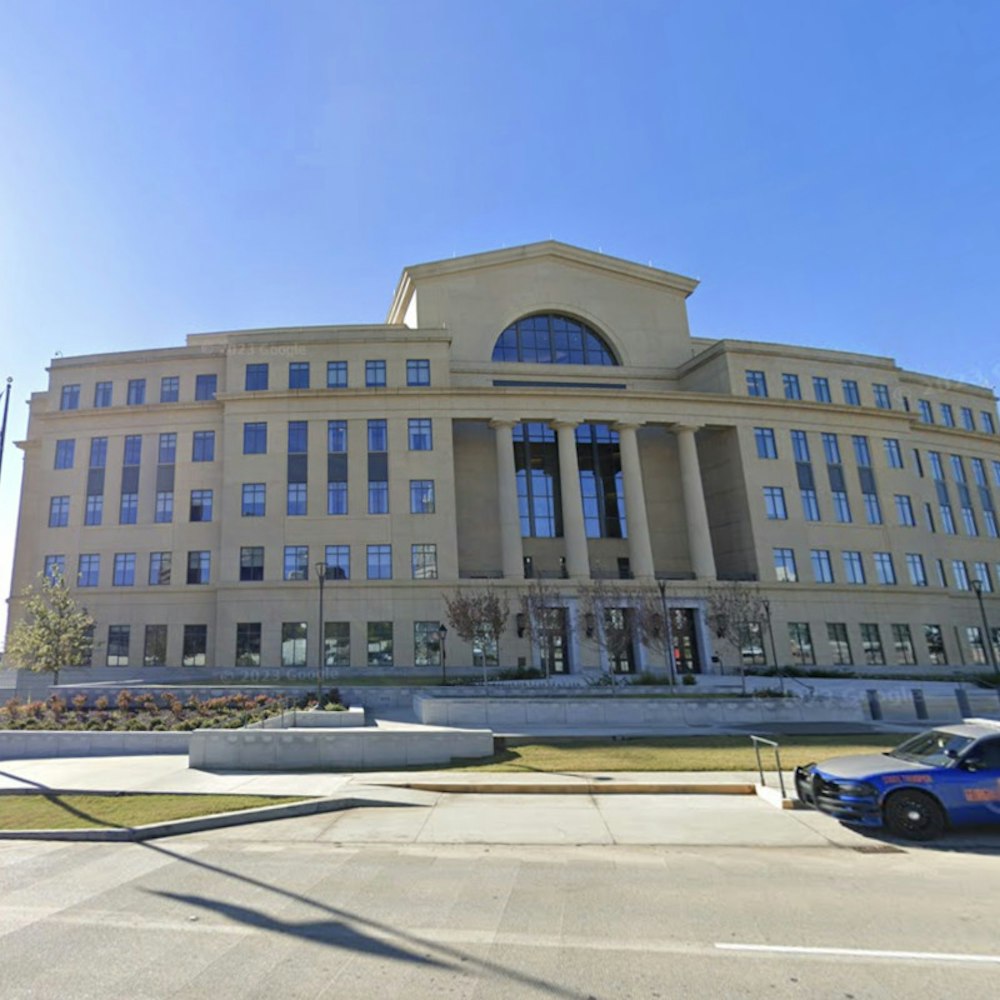
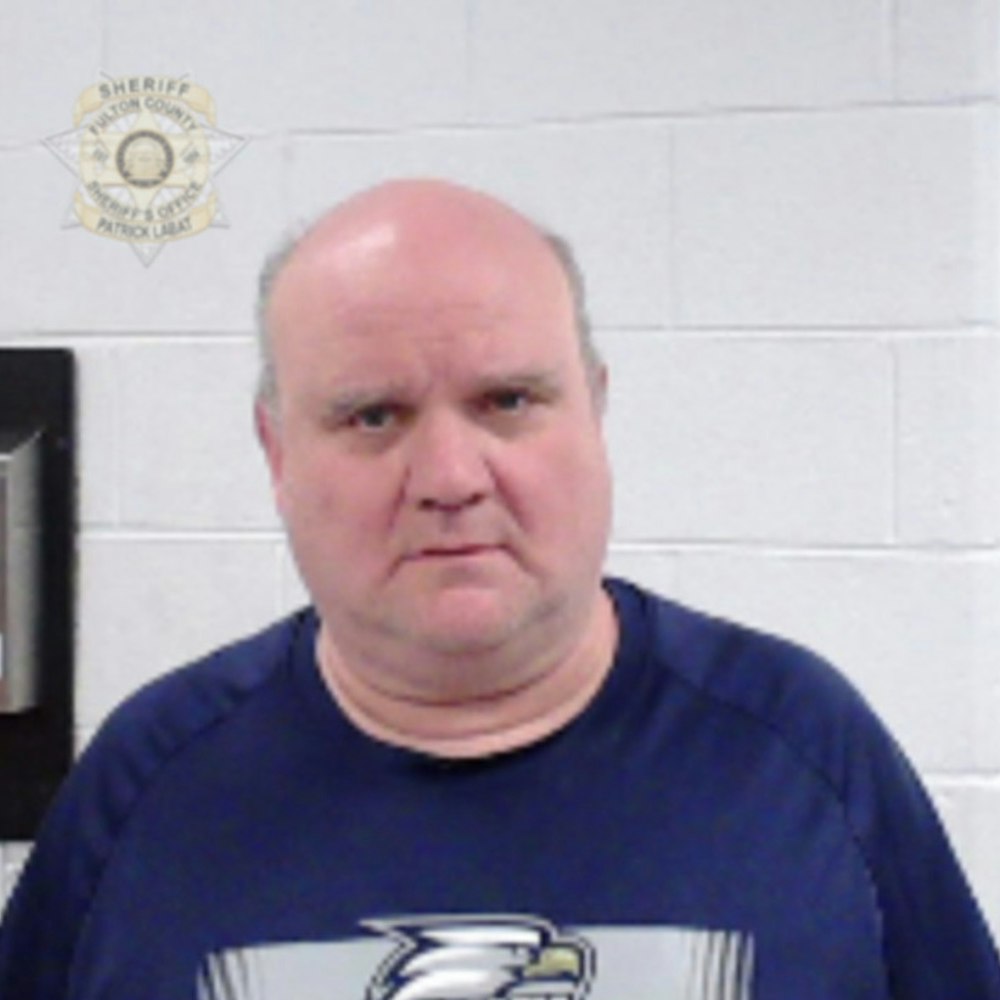
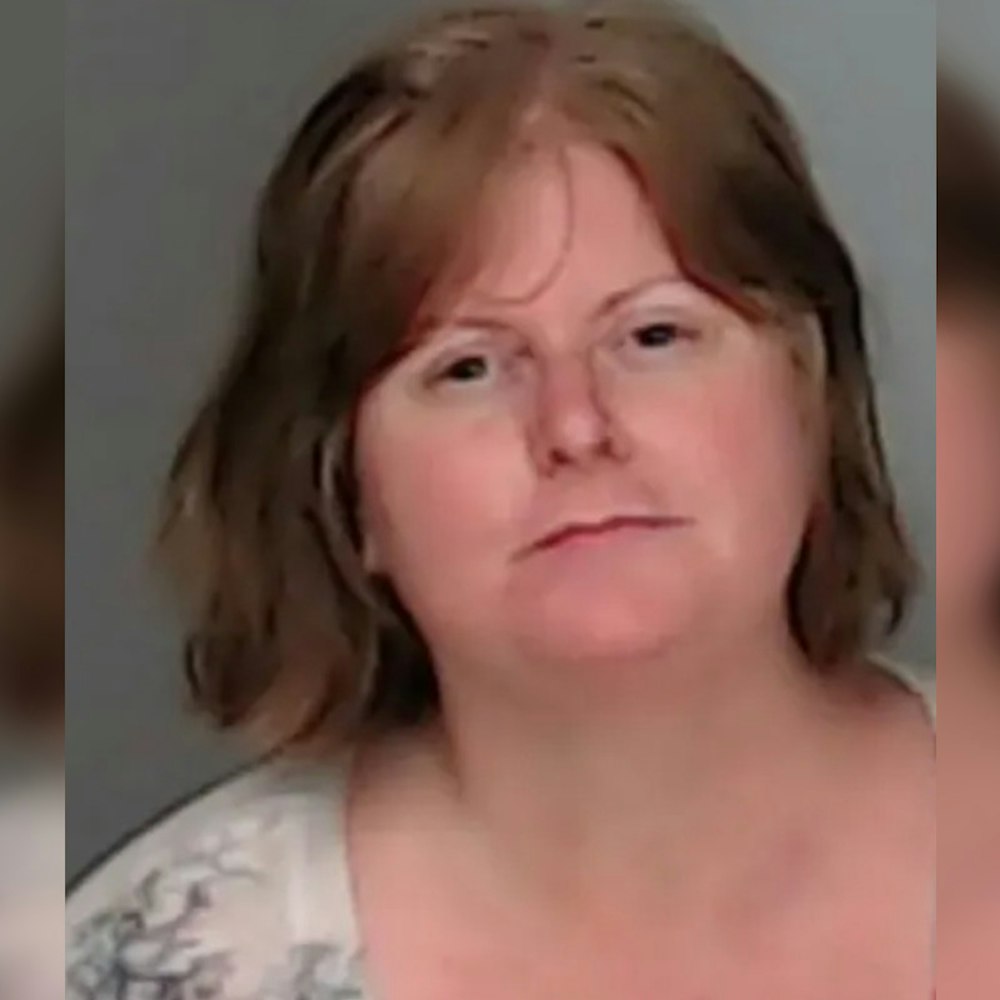

.webp?w=1000&h=1000&fit=crop&crop:edges)

